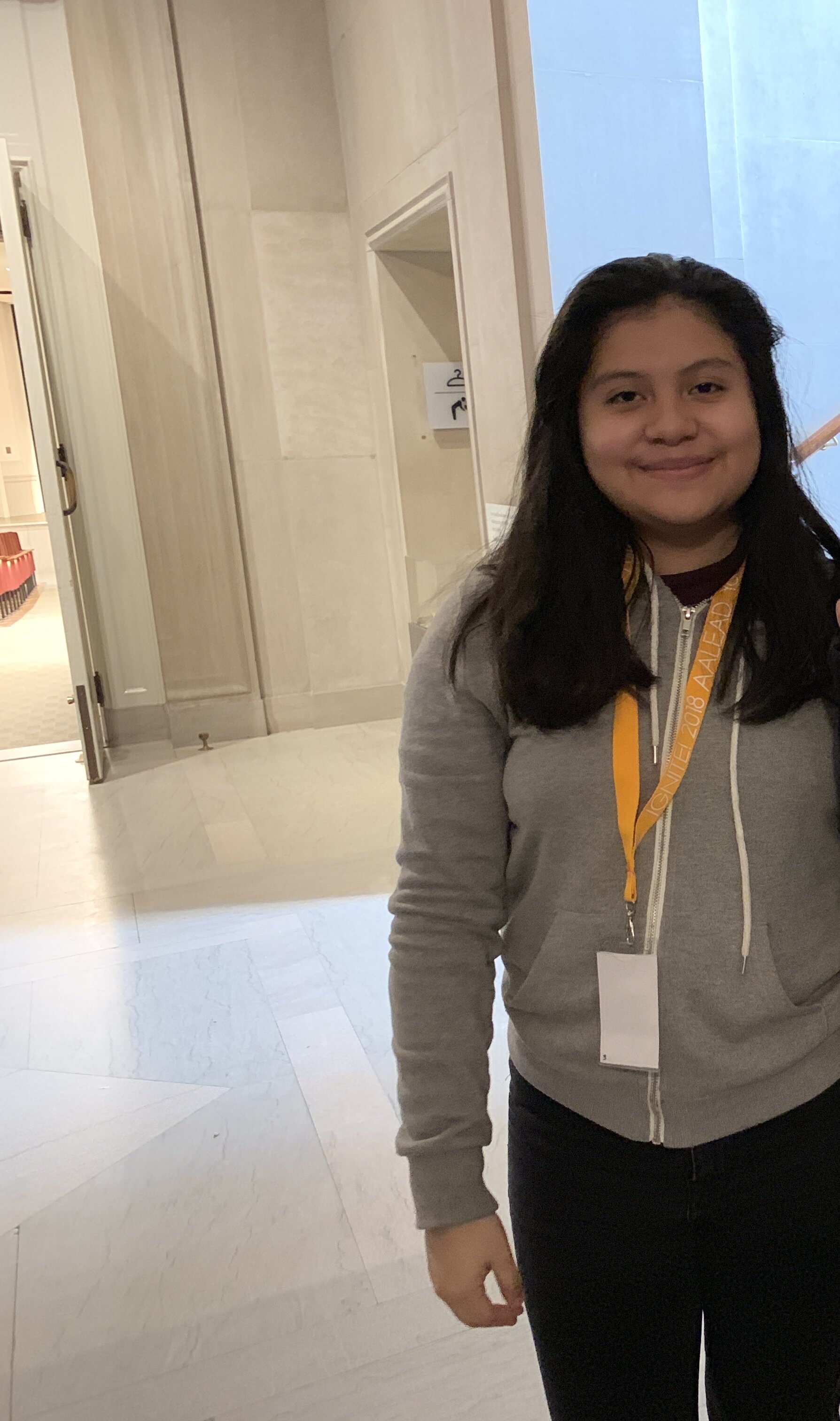Leading With Service
Trustee Veronica Jeon considers entrepreneurship—and service—core foundations of her career.
“I am a product of entrepreneurial parents, [and] I’ve always played a part in giving back. I’ve been blessed and fortunate to do that in my community where I live, work, and play,” she says.
As President and CEO of VSJ, Inc, a minority, woman-owned public relations and strategic communications firm, she serves clients across the nonprofit, corporate and government sectors. “Your success is our passion” is VSJ’s mission—a charge that also fulfills Veronica’s personal passion for service.
Veronica also serves as the Chair of the Prince George’s County Advisory Board and as an executive committee member of our Emerging Leader’s Impact Fund in Prince George’s County, helping determine the focus of grantmaking and rallying resources to deepen impact in the County.
In honor of Asian American Pacific Islander Heritage Month, she shares what inspires her to continue to serve in philanthropy in our region—especially in this pivotal moment in our nation’s history.
“As we continue to emerge in Prince George’s County and beyond, I am committed to effectively grow the culture of philanthropy by advocating and leading initiatives; partnering to elevate and engage in philanthropy on all levels locally and regionally; and, mentoring the next generation of entrepreneurs and leaders,” says Veronica. “As a servant leader in this pivotal time in our nation’s history, I am of the belief that we all must lead in such a way to make others better as a result of our presence. And, in doing so, making sure that impact lasts in our absence.”
Empowering Others Towards Action
The Asian American Lead Youth Council, a group of high school and middle school AAPI youth who advocate for diversity and racial equity, is working hard to combat gentrification in DC’s Chinatown. A VoicesDMV Community Action Awards winner, the Council is leading efforts to uplift residents’ stories to raise awareness of the negative impacts of gentrification. Stories are shared on their project-dedicated website, and in their petitions for change to city leaders.
“The main reasons that inspire me to continue to lead and invest in AAPI-focused work are the opportunities to inspire other scholars to fight for what they are passionate about and to spur change in my community,” says Maricarmen, AALEAD Youth Council member. “This work is so important because current social and political issues have created massive tension in communities, where voices are no longer heard. [It] allows the public to learn and spread awareness about the issue at hand.”
Through their work with Chinatown residents, youth leaders have developed meaningful, inter-generational relationships with community members. They’ve facilitated partnership conversations and presentations with groups, and had the opportunity to get to know those directly affected by Chinatown’s rising housing costs.
“Something that inspires me to continue to lead and invest in this work is definitely my culture and background. Oftentimes Asian Americans in settings such as schools are seen as timid or not assuming of a leader. I aspire and live to prove that wrong. I want to be a role model and norm breaker for people out there and give my fellow Asian Americans inspiration as to what they can achieve even in a society filled with ignorance today.” – Jerry, AALEAD Youth Council member.
A Drive for Justice
The National Korean American Service & Education Consortium (NAKASEC) works to empower Koreans and Asian Americans as change-makers in their communities. Through expanding AAPI voting power; developing a new generation of youth and immigrant leaders; and building a sustainable movement organization, NAKASEC is forging a new future for Korean and Asian Americans.
As one of our Resilience Fund grantees, we were proud to partner with NAKASEC during the height of COVID-19 to help support individuals excluded from federal relief.
“Right now the spotlight is on AAPIs because of increased reporting of interpersonal discrimination, harassment violence towards AAPIs. None of this is new though to us. And while our communities are in focus - even for horrible reasons - this has created opportunities for AAPIs to re-assert belongingness, think about solutions to address the conditions behind the ‘anti-Asian hate,’ and expand the conversation to institutionalized oppression,” says Sookyung Oh, NAKASEC Director.
“People of Asian heritage have always played a central role in leading campaigns and movements for change in solidarity with others. I see this drive for justice among AAPIs who want to fight for change, but didn’t always have a political home or community to be grounded in. That’s what inspires me to lead NAKASEC Virginia. We want to be a place of connection and growth for AAPIs and this work is more important than ever.”




